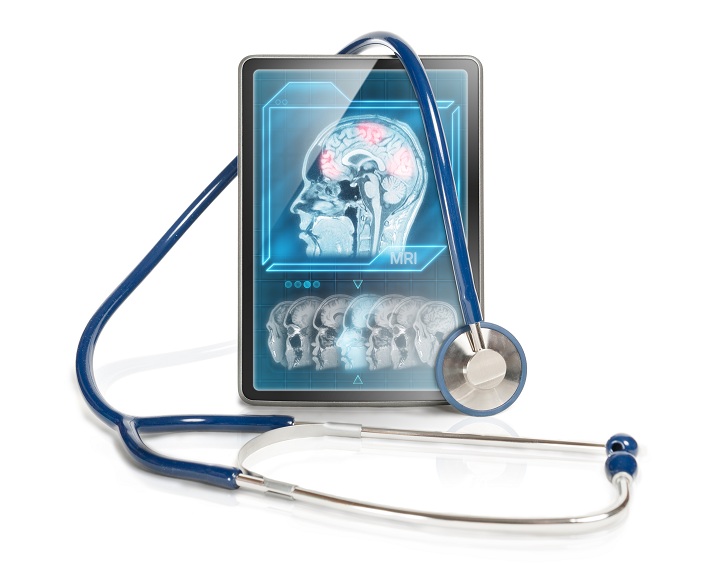
The last year has been brutal on everyone. We’ve seen millions of people die. We’ve been worried for our own life, as well as that of our loved ones. We’ve seen healthcare providers break down and plead for assistance and necessary equipment. We’ve seen chaos. We’ve had to deal with this by ourselves, because we’ve had to be separated from each other on an unprecedented scale. And understandably, this has affected our mental state.
A World Health Organization (WHO) article published before the COVID-19 pandemic states that over 300 million people around the world suffer from depression and 264 million suffer from anxiety. That statistic has not been updated since then. But here’s another statistic. When the US Census Bureau surveyed Americans in 2019, 11% of people reported symptoms of anxiety or depression. When they surveyed them again in December of 2020, that number had risen to 42%. That is a 3.81 multiplier. If that statistic holds true across the world, it would mean that over a billion people worldwide are currently suffering from depression and/or anxiety.
What do we do about this? Providing mental health support would be the ideal. But with conditions as they are now, many are still afraid to go outside, even for a doctor’s visit. There needs to be a new way of getting mental health help.
If you are hungry and you need food, you don’t need to go pick it up, you can use the Grubhub, DoorDash, or UberEats app and have it brought to you. If you are looking to buy stocks, you don’t need to go to the stock market, you can use the WeBull or RobinHood app. With the pandemic, dating is hard, you are not going to meet people at a bar or in public, but you can use an app for that as well to connect with people and get to know them.
Everything that we need is now accessible to us through our phone and our apps. Why shouldn’t mental health be the same?
The World Psychiatry journal has published research which states that smartphone applications might be able to help people suffering from depression. The study tracked almost two dozen mental health apps and found that, through various methods, they significantly helped reduce symptoms for people with mild to moderate depression.
But as with other fields of medicine, not everyone appreciates the influx of technology into mental healthcare, particularly within the patient-provider encounter. For instance, Dr. Lloyd Minor, dean of Stanford University Medical School, says “that the most fundamental aspect of human communication”, eye contact, is not present when technology is present.
However, this has not deterred app creators and tech giants, who are taking steps to help people who seek better mental health. For example, Apple is attempting to develop a way for Siri to provide comfort and reassurance to people asking for help. But as it stands, Siri, along with other apps, cannot replicate or replace the interaction and trust and companionship that another human being can provide.
There are of course other, more basic apps, which provide a forum for the user, connecting them anonymously with others who are also dealing with their own mental health problems. While talking to someone who you can empathize with is useful and potentially helpful, it still does not replace what is necessary. Actual mental health care provision from a qualified provider. But receiving that in the traditional manner is difficult, as we already know.
It means that to survive the pandemic with our sanity, we will have to employ a variety of methods. One such way is routine, and we’ll talk about it in our next article.
[Read More: Mental Health: The Need For A Routine During COVID-19]